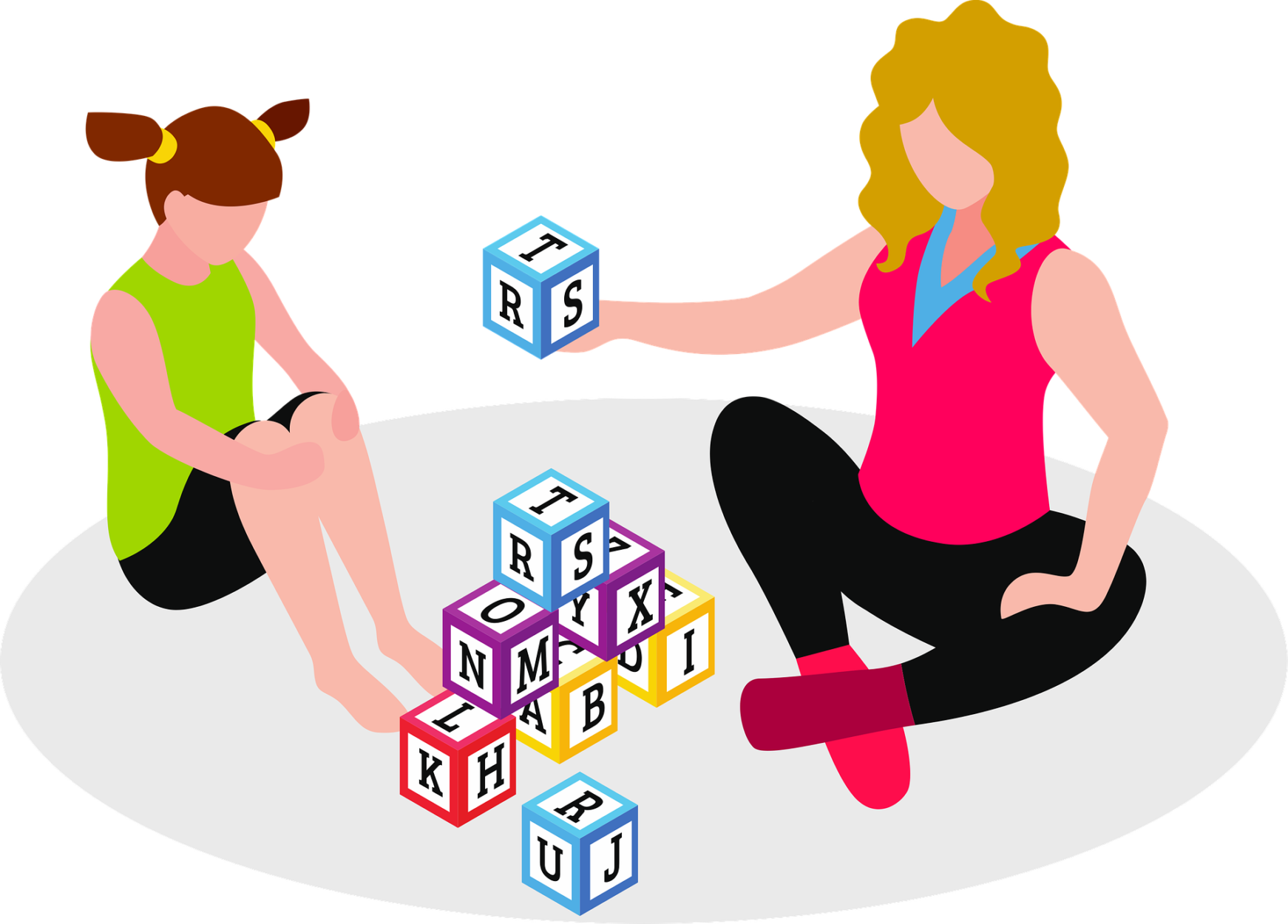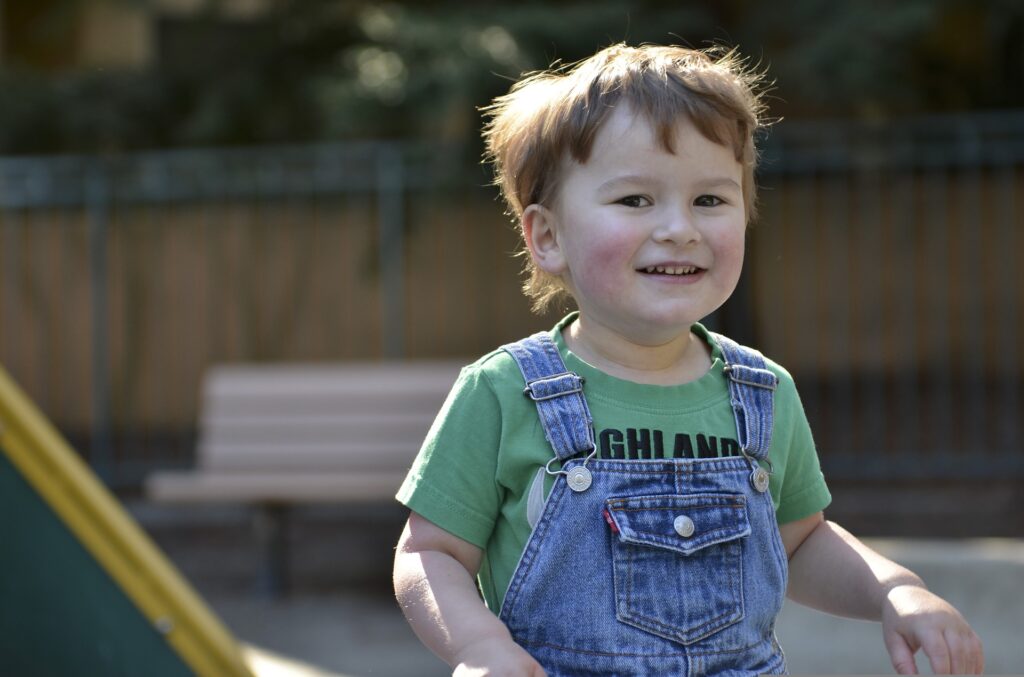Have you or someone you know been diagnosed with autism? Are you wondering if there’s a possibility of growing out of it? There is a lot of debate surrounding the idea of whether or not you can grow out of autism. Some people believe that getting the right help and support can overcome your diagnosis and live a “normal” life. Others feel that autism is a lifelong condition that cannot be cured. So, what’s the truth? Here’s what to know about growing out of autism.
What Disorders Are Related to Autism?
Autism spectrum disorder (ASD) is a developmental disability that can cause significant social, communication, and behavioral challenges. ASD is a “spectrum” condition, which means that it affects people in different ways and to different degrees. Some people with ASD can live relatively independent lives, while others may require lifelong supervision and support.
Asperger’s syndrome is considered the high-functioning end of the ASD spectrum. People with Asperger’s syndrome generally have fewer social and communication challenges than those with other forms of ASD. However, they may still struggle with social interactions and exhibit repetitive behaviors or interests.
Pervasive developmental disorder not otherwise specified (PDD-NOS) is sometimes used to describe people with some, but not all, features of ASD. PDD-NOS is considered the mildest form of ASD.
How to Grow Out of Autism?
Before thinking of growing out of autism, it is important to know that there is no single cause of autism. It is a complex condition believed to be caused by a combination of genetic and environmental factors. Autism spectrum disorder (ASD) can affect people of all races and ethnicities, but it is most commonly diagnosed in boys. It affects a person’s ability to communicate and interact with others. Autism spectrum disorder (ASD) is the name for a group of disorders that include autism.
If you or your loved one has autism, you’re probably wondering if there’s any hope of leading a “normal” life. The information obtained from the team at Autism Parenting Magazine highlights that you can use various resources and guidelines to help you manage and cope with your diagnosis. Such include educational Programs, therapy, counseling, medical treatments, etc. With the right help and support, some people with autism can grow out of their diagnosis.
How Autism May Change Over Time
It’s important to note that autism can look different from person to person. Some children with autism may show signs of improvement over time, while others may not. There is no single way that autism affects people. Each individual experiences symptoms differently and to varying degrees.
Some children with ASD develop new skills and abilities and eventually improve to the point where they no longer meet the criteria for an autism diagnosis. However, this is not the case for everyone. Some people with ASD continue to experience symptoms throughout their lives.
Growth and change are possible for people with ASD, but it’s important to remember that each person is unique. There is no one-size-fits-all approach when it comes to managing ASD. What works for one person may not work for another.
Accepting Autism as an Identity
It’s important to accept that autism is a part of your identity. If you’re struggling with this, it might help to talk to a therapist or counselor who can help you work through your feelings.
There’s no shame in being on the autism spectrum. In fact, there are many things about autism that can be quite positive. For example, people with autism often have very strong interests and are experts in their field. They may also be very honest and have a great sense of humor.
The most important thing is to accept yourself for who you are. Once you do this, you’ll be able to start living your life to the fullest. And who knows, maybe you’ll even find that you like some of the things about autism that you once thought were negative.
Tips to Consider When Growing Out of Autism
If you’re thinking about growing out of autism, there are a few things to keep in mind. Below is a list of tips to consider:
Get the right diagnosis
It’s important to get a proper diagnosis from a qualified professional. This will help you understand your condition and what you can do to manage it. They will also be able to rule out any other conditions that may be causing your symptoms.
Find a support system
Finding a support system of friends, family, or professionals who can help you through this journey is important. This is especially important if you’re feeling overwhelmed or alone. The team should be able to provide you with emotional support and practical advice.
Create a plan
Once you have a diagnosis, creating a treatment plan is important. This should be done with the help of professionals who understand your condition. The plan should be tailored to your individual needs and goals. Although the treatment plan may change over time, it’s important to have a starting point.
Educate yourself and others
It’s important to educate yourself about your condition. This will help you better understand your symptoms and how to manage them. It’s also important that you educate others about your condition. This will help them understand you better and provide them with the tools they need to support you.
Talk to a therapist
If you’re struggling to accept your diagnosis, talking to a therapist can be helpful. They can help you work through your feelings and come to terms with your condition. Ensure to find someone experienced and qualified to work with people on the autism spectrum.
Find an activity that you enjoy
Doing things you enjoy can help you feel good about yourself and your condition. It can also help to take your mind off of negative thoughts. Finding an activity that brings you joy is a great way to improve your quality of life.

There’s no one answer to whether or not someone with autism can “grow out” of it. In some cases, early intervention and therapy may result in a child appearing to lose autistic traits as they develop. However, it’s important to remember that autism is a lifelong condition; even if symptoms lessen over time, the underlying condition will still be present. If you’re concerned about your child’s development, it’s always best to consult a doctor or other autism expert. With the right support, people of all ages can thrive with autism.

